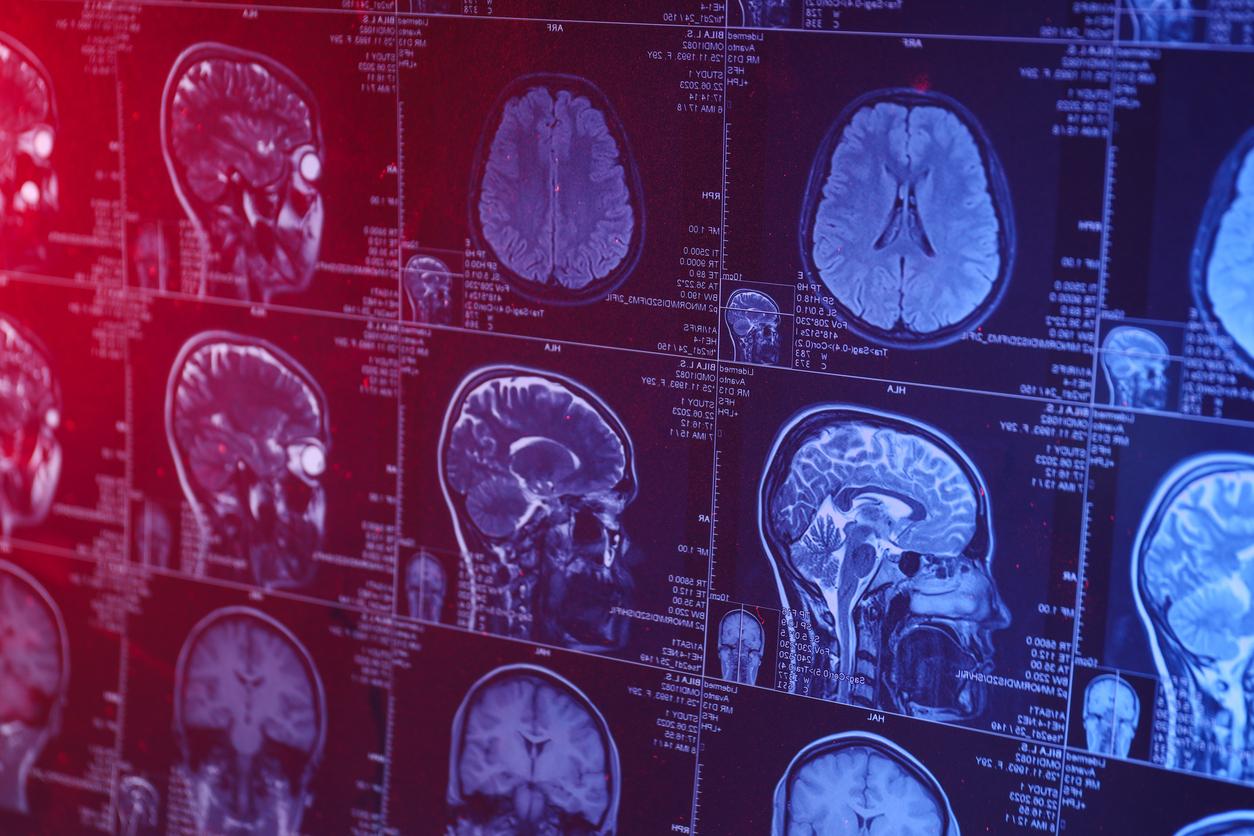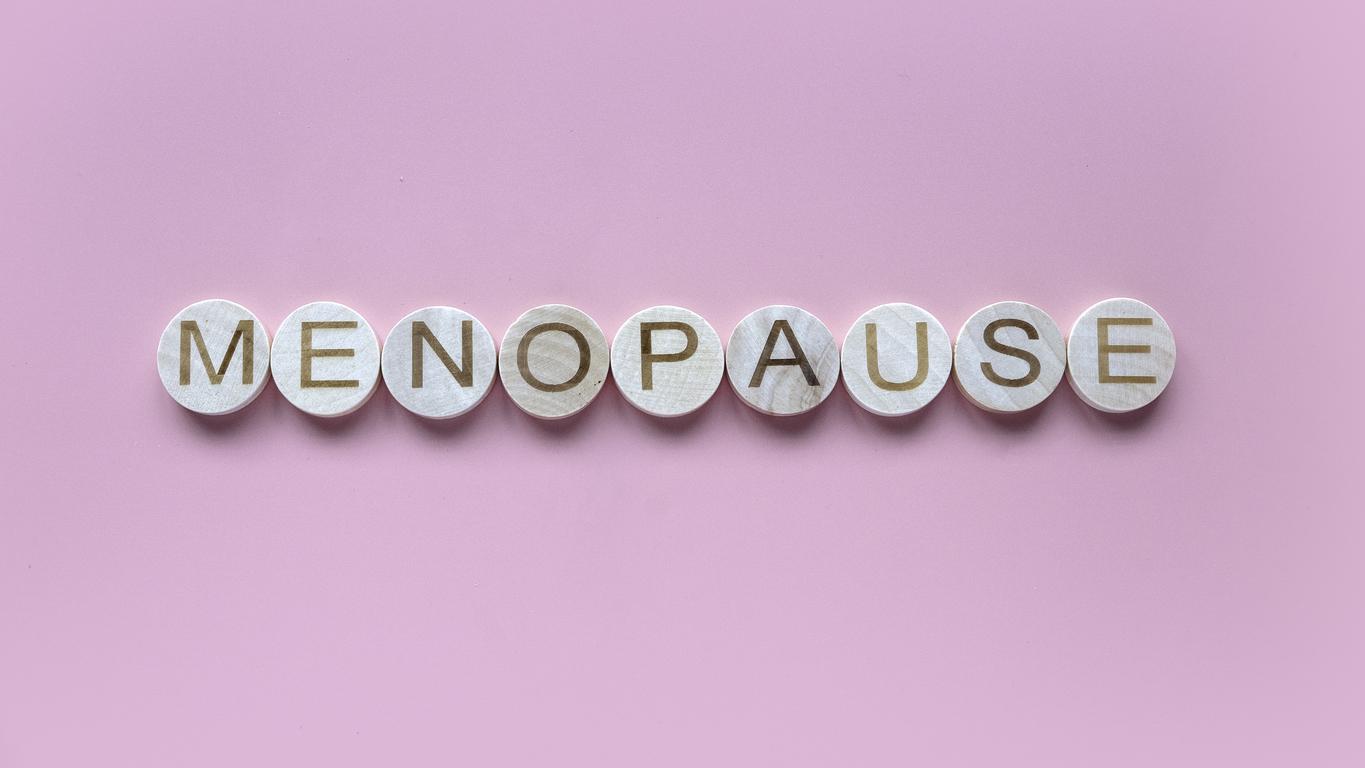Faced with insufficient treatment of menopause, an international team of researchers is calling for improved treatments and more research.

- Although about half of people are postmenopausal, only 15% of them receive effective treatment.
- To better manage symptoms, scientists recommend doing more research on the chronology of the phases of menopause and the effects of long-term treatments.
- They also believe that treatment should be individualized based on age and health risks, recognizing that these may increase over time.
Menopause is the period in a woman’s life marked by the cessation of ovulation and the disappearance of periods. This is a natural stage of reproductive aging. “The path to menopause is not difficult for everyone, but for some, symptoms can be severe, even disabling, and disrupt work and family.”, indicated Australian, Italian and American scientists. As a reminder, menopause is manifested by hot flashes, insomnia, joint pain, anxiety and even urinary problems. Even if a person has no visible signs, there can still be so-called “silent” health consequences, including bone loss and a higher risk of diabetes, cardiovascular disease and certain types of cancer.
Menopause: prescriptions and individualized monitoring adapted over time
Problem: Only 15% of women experiencing these menopausal symptoms receive effective treatment, which highlights a major problem in managing this hormonal transition. This is what the international team of researchers revealed in a study published in the journal cell. As part of this work, the authors examined more than 200 sources over a period of 71 years. After doing their analysis, they suggested giving a new definition to menopause, namely “permanent cessation of ovarian function” rather than focusing on menstruation. The latter would include women who have not had regular periods before this phenomenon, who have used certain types of contraception such as IUDs and who have undergone a hysterectomy.
Another proposal: deepen knowledge on the chronology of the phases of menopause. To date, it is not well understood and varies from person to person. This is why current age restrictions on prescriptions and therapies are “illogical and problematic”. Scientists have also called for studying potential side effects and health problems linked to treatments, which range from hormonal therapies to lasers to plant products, over sufficiently long periods of time. The latter also insisted on the fact that the prescription and monitoring of treatments must be individualized and adapted over time, “taking into account physical and mental health effects, as well as underlying health risks and any other relevant health conditions.”

Adopt a healthy lifestyle to reduce symptomatic complications
While waiting for more effective and appropriate treatments, postmenopausal women are recommended to take certain measures to reduce symptomatic complications. Regular exercise and maintaining a healthy, balanced diet can help alleviate the symptoms of menopause. These recommendations should be discussed with a healthcare professional for an approach adapted to each patient. “Optimizing health in menopause is the gateway to healthy aging for women,” the authors concluded.
















